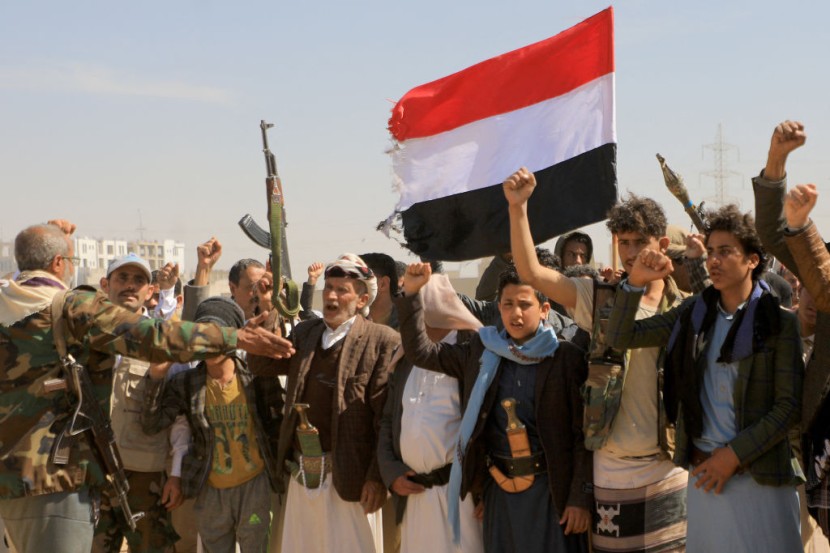Ismail Haniyeh, the leader of Hamas, announced on Tuesday that the group would consider a new proposal for a ceasefire in the war with Israel. Haniyeh said the priority for the militant group is to end the Israeli offensive and for Israeli forces to pull out from the territory.

According to Reuters, Haniyeh made no mention of details. The proposal followed talks in Paris involving CIA Director William Burns, Qatar's prime minister, the chief of Israel's Mossad intelligence service, and the head of Egyptian intelligence.
The news comes just hours after Israeli forces stormed a West Bank hospital dressed as women, allegedly killing three militants.
Palestinian hospital director Najyy Nazzal told Reuters that Israeli forces executed the three militants "as they slept in the room where they were being treated...in cold blood, by firing bullets directly into their heads.
The raid on the hospital emphasizes the risk of the war spreading to other fronts as clashes continue in Gaza, forcing more Palestinians to flee to safer areas as Israeli air strikes rain on southern parts of the enclave.
Tensions are escalating in the occupied West Bank as the territory is crucial to an independent state for the Palestinians. The recent hospital raid has heightened the uneasiness, contributing to an ongoing increase in violence.
Reuters reported CCTV footage appeared to show about a dozen troops, including three dressed as women and two others pretending to be Palestinian medical staff, pacing through a corridor in Ibn Sina Hospital in the city of Jenin with rifles.
In an article published by The Guardian today, Israel is said to be struggling with accepting the terms Hamas has put forth but Qatar, the U.S., and Egypt are hoping to see if the two sides can be persuaded to accept a ceasefire to last at least a month, during which thousands of Palestinian prisoners would be released in return for the release of the hostages.
Israeli Prime Minister Benjamin Netanyahu is potentially willing to implement a drawback in troops from Gaza during a ceasefire. Netanyahu's fear of leaving Hamas military forces intact and capable of mounting a further threat to Israel is a vulnerable point for him. The Guardian reported that Netanyahu is prepared to accept a lengthy ceasefire, but on the condition there is no requirement to end hostilities.
Haniyeh said: "Our response to the proposal will be on the basis that the priority is stopping the aggression against Gaza and withdrawing the occupation forces from the Strip."
"The movement is open to discussing any serious and practical initiatives or ideas, provided that they lead to a comprehensive cessation of aggression, securing the shelter and reconstruction process, lifting the siege, and completing a serious prisoner exchange process," as revealed by The Guardian.
What Is Next For The Ceasefire?
Leaks of the proposal seem to suggest the first phase of the ceasefire would allow for the release of 35 hostages in return for a six-week pause of the fighting. This group is to include women, older men, and hostages who are ill or injured. In exchange, Israel would free thousands of Palestinians from its prisons.
Antony Blinken, the U.S. Secretary of State said Monday night, that "very important, productive work has been done. And there is some real hope going forward."
"Hamas will have to make its own decisions. I can just tell you that there is good, strong alignment among the countries involved and that this is a good, strong proposal," Blinken said.
The Gaza health ministry updated the death toll to 26,751 Palestinian lives lost and 65,636 injured.









